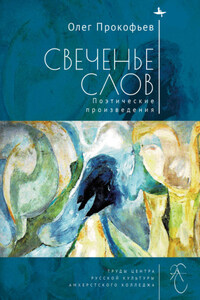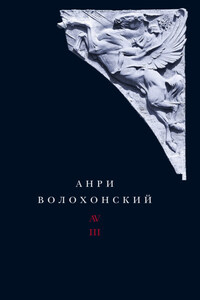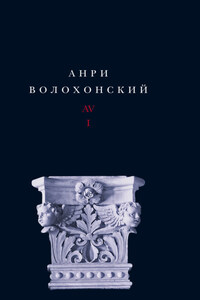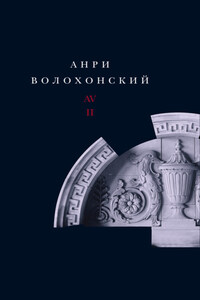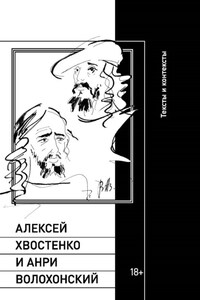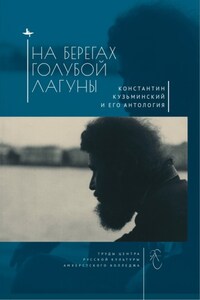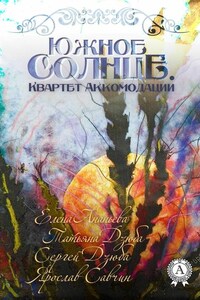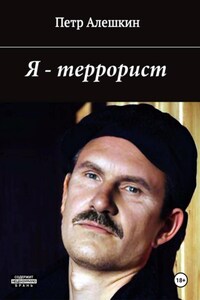Автопортрет Олега Прокофьева, 1980-е годы (из семейного собрания)
© Олег Прокофьев (наследники), текст, иллюстрации, 2020
© Илья Кукуй, Дмитрий Смирнов-Садовский (наследники), составление, вступительная статья, 2020
© Илья Кукуй, подготовка текстов, примечания, 2020
© Graham High, фото, 2020
© Academic Studies Press, 2020
© Оформление и макет ООО «БиблиоРоссика», 2020
Studies of the Amherst Center for Russian Culture
Consulting editor: Ilja Kukuj
Editorial Board: Catherine Ciepiela, Sergei Glebov, Michael Kunichika, Boris Wolfson
Teh Studies of the Amherst Center for Russian Culture, established in collaboration with Academic Studies Press, aspires to publish peer-reviewed scholarly volumes of high quality that substantially draw upon the Center’s holdings. Teh Center was founded in 1991 on the basis of a gift made to Amherst College by alumnus Toh mas P. Whitney, class of 1937, a diplomat, journalist, translator, author and collector of Russian manuscripts, rare books, journals, newspapers and art for over thirty years. Whitney’s private collection is the core of Center’s holdings, which continue to expand thanks to his generous endowment.
Teh Amherst Center for Russian Culture houses one of the most impressive private collections of rare Russian books and materials outside Russia. Teh collection represents the breadth and depth of Russian cultural achievement in modern times, primarily in the late nineteenth and twentieth centuries. It is particularly rich in materials concerning the cultural life of the Russian emigration, with hundreds of rare editions of Russian émigré poetry and journals from across the world; a number of Aleksey Remizov’s handmade albums and his papers; the archive of Novyi zhurnal; and the archives of major émigré fgi ures such as Zinaida Gippius and Dmitry Merezhkovsky, and Zinaida and Dmitry Shakhovskoy. Later generations of émigré artists and scholars such as Yury Ivask, Roman Goul, and Vadim Kreid, also are well represented. Teh rare book collection features hand-made futurist books by Natalya Goncharova, Aleksey Kruchenykh, Velimir Khlebnikov and others. Soviet culture is represented by valuable arts periodicals; by the Alma Law archive, documenting the life of theater in the late Soviet era; and by collections of dissident and samizdat materials, such as the Grigorenko Family Papers. Konstantin Kuzminsky’s complete literary archive, including the materials that went into the making of his landmark anthology,
